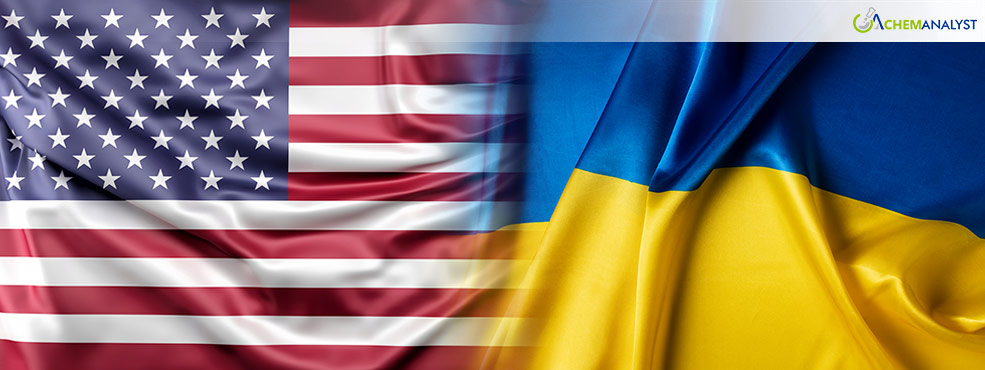Welcome To ChemAnalyst

Ukraine has postponed signing a crucial minerals agreement with the United States, with reports suggesting it will be finalized only after President-elect Donald Trump’s inauguration on January 20. This delay is part of Ukraine’s strategy to allow Trump, not outgoing President Joe Biden, to announce the deal, thereby enabling the incoming administration to claim it as a victory and potentially strengthen ties with Kyiv.
The agreement involves cooperation on extracting and processing critical minerals found in Ukraine, such as cobalt, graphite, and lithium—resources vital to a variety of industries, including electric vehicle production. Ukraine is home to vast deposits of 20 essential minerals, with reserves valued at an estimated $11.5 trillion. Notably, Ukraine controls 33% of Europe’s proven lithium reserves, a material crucial to the production of rechargeable batteries. This has attracted significant interest from US industries, including electric vehicle manufacturers like Elon Musk’s Tesla, who are keen to secure a steady supply of lithium.
By postponing the deal, Ukraine aims to appeal to Trump’s pragmatic approach and to present the agreement as an early diplomatic win for his administration. Trump has long prioritized economic interests, particularly in securing access to rare earth minerals, which are vital for technological and industrial advancement. Republican allies, including Senator Lindsey Graham, have voiced their support for such a deal, arguing that it could be a path to peace while boosting both US and Ukrainian economies.
The strategic importance of the minerals deal is amplified by the fact that the US has been Ukraine’s biggest military supporter in its ongoing conflict with Russia. However, there is growing concern in Kyiv about Trump’s intentions, particularly his past rhetoric about reducing US involvement in Ukraine and his favourable comments about Russian President Vladimir Putin. Despite these concerns, Ukraine’s President Volodymyr Zelensky has shifted his public stance, expressing openness to negotiations with Russia and even hinting those concessions, such as the temporary surrender of occupied eastern regions, might be part of a peace deal. Zelensky’s team has been working closely with Trump’s incoming administration, with discussions reportedly aimed at finding a path to a ceasefire.
The delay in signing the minerals deal could also reflect Ukraine’s desire to position itself favourably with the incoming administration, ensuring that Trump has a direct hand in securing the deal. The timing also coincides with Zelensky’s outreach to Trump’s team, including meetings in France and Washington. Trump himself has recently signalled an openness to engaging in peace talks, calling Zelensky’s desire for a resolution a priority.
As Ukraine faces mounting losses on the battlefield, including advances by Russian troops in the east, the minerals deal represents a potential lifeline. It could not only help bolster Ukraine’s economy but also further entrench its strategic importance to the United States, particularly in the growing global competition over critical minerals necessary for technological advancements.
We use cookies to deliver the best possible experience on our website. To learn more, visit our Privacy Policy. By continuing to use this site or by closing this box, you consent to our use of cookies. More info.
